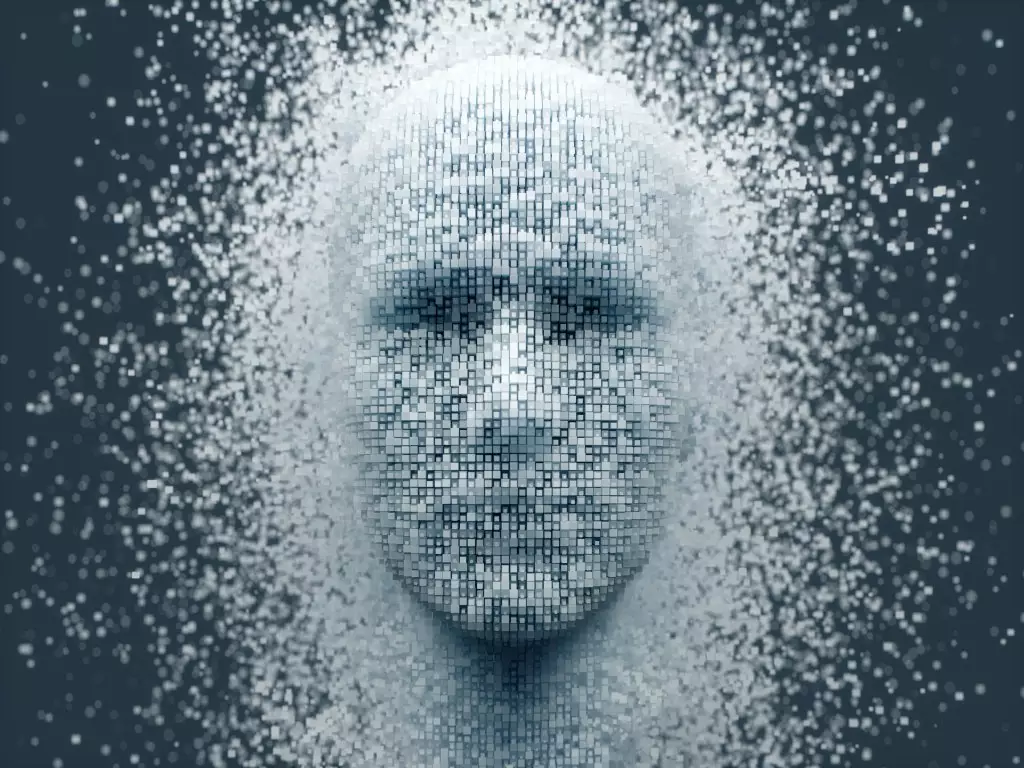The entertainment industry is at a crossroads, confronted by a tendency toward technological encroachment that threatens to undermine the very rights of the individuals who breathe life into it. The recent revelations from the actors’ union Equity expose a grim reality: hundreds of UK performers have allegedly been digitally scanned on set without their informed consent. This disconcerting practice raises significant ethical questions—the exploitation of artists in an era that promises to revolutionize creativity is both alarming and unacceptable. What could once be regarded as a bastion of artistic expression has potentially devolved into an environment where consent is disregarded, and the very essence of performance teeters on the brink of commodification.
Unveiling the Invisibility of Consent
In its open letter to Pact—a trade body representing producers—Equity called attention to the lack of transparency surrounding how actors’ performances and likenesses are recorded, stored, and utilized. This lack of oversight is both ironic and troubling; while technology has improved our ability to create, it has simultaneously eroded the dignity of individual agency. The actors who dedicate their lives to their craft are being rendered invisible, their likenesses becoming fodder for digital repurposing without proper compensation or credit. The argument is simple: consent is not a mere formality; it is a fundamental right that should never be overlooked, especially in an industry that thrives on personal connection and authenticity.
The Stakes of AI Negotiations
Equity’s urgency is palpable, as they gear up for yet another round of negotiations with Pact regarding the implementation of AI safeguards. The tension surrounding these discussions is thick; the unions are vocal about being “industrial action ready.” Such a stance indicates that performers are willing to take their demands to the streets—an act of defiance against a system that appears to prioritize profit over people. If recent reports are accurate, the stakes have never been higher. Equity’s insistence on key protections surrounding the training of AI systems highlights the growing apprehension that technology could threaten the livelihoods of countless performers, erasing their contributions in favor of faceless algorithms.
The Battle for Recognition
Equity’s claims have garnered nearly 1,500 signatures, including notable actors like Tamsin Greig and Alan Davies, yet the negotiations with Pact are puzzlingly stagnant. The challenge lies not just in securing proper regulations but in demanding recognition of the artists as essential partners in these discussions. As we watch negotiations unfold, we must ponder: what are artists without their agency? The disillusionment that lurks beneath the surface is palpable, and the potential fallout from unresolved negotiations signals a broader crisis regarding the treatment of creators in the fast-evolving landscape of entertainment.
Cautionary Tales and Future Implications
The conversation surrounding AI in the entertainment sector serves as a cautionary tale for industries on the precipice of technological transformation. As we transition into this brave new world, we risk sidelining fundamental human rights. The implications of unchecked AI development extend far beyond the stage and screen, rippling through society as a whole. If the lessons learned by Equity are discarded, we may find ourselves in a future where human creativity is subsumed by algorithms, leaving only hollow reproductions of the rich tapestry of storytelling.
Words of Urgency
The urgency of Equity’s message cannot be overstated. The desire for proper protections is not merely a demand for better contracts but a clarion call for respect and recognition in a rapidly changing world. As creative professionals search for meaning and security in their work, it becomes imperative that industry bodies—including producers and broadcasters—prioritize ethical practices and ensure equitable treatment for all performers, regardless of their stature. The ramifications of ignorance in this moment could shape the future of the arts, and the enduring question remains: will the voices of artists rise sharply enough to echo through the corridors of power, or will they fade away into digital oblivion?


Leave a Reply